Seduced by the Familiar: Narration and Meaning in Indian Popular Cinema
Seduced by the familiar looks at contemporary social history from the perspective of popular Indian cinema. M.K. Raghavendra interprets a wide range of films -including sant Tukaram (1936), Baazi (1951), Sangam (1964), Sholay (1975), Huma Aapke Hain Kaun...! (1994), and the recent Kabhi Alvida Na Kahna (2006) -in the context of events like colonial rule, Independence, the Indo-Chinese War, the political conduct of Indira Gandhi, and the economic libralization initiated in the 1990s. Location his approach within the body of scholarship on the subject, Raghvendra creates the basis for a new reading of Indian popular cinema based on its narrative strategies. He examines Indian popular cinema's 'grammar' -its definition of space, time, and causality, as well as its 'voice', reliance on melodrama, 'aggregate' nature, and moral preoccupations. A large number of films are analysed chronologically in this context to provide a consistent (and often surprising) interpretation of film motifs. A significant advance for film studies, Seduced by the familiar makes a vital contribution to the reading of Indian popular culture. Lucid and persuasive, this book consciously avoids the jargon associated with the study of cinema today and is accessible not only to students and teachers of film and cultural studies, but also to lay readers.
Get it now and save 10%
BECOME A MEMBER

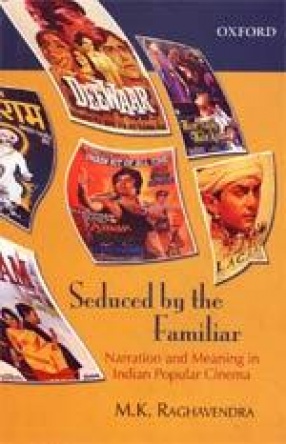
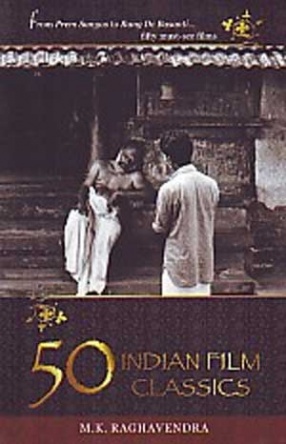
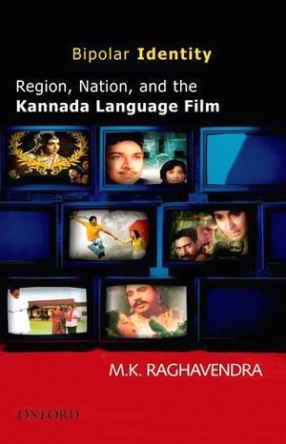
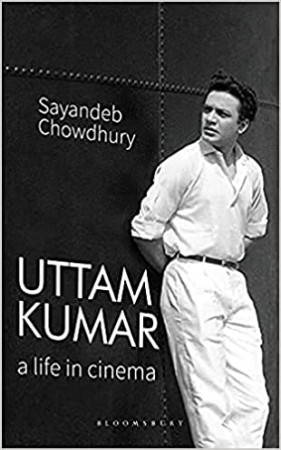
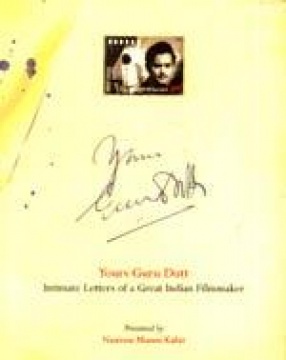



Bibliographic information